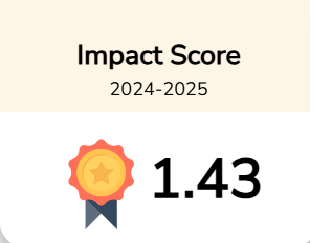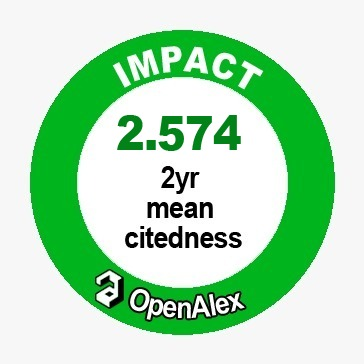Economic Crisis and Higher Education in Lebanon: Effects on Student Life and Expectations
Downloads
Purpose: While the economic crisis in Lebanon has been widely studied, its impact on educational quality from the perspective of university students has received limited attention. This study examines how the crisis has affected students’ lives and expectations regarding education.
Design/Methodology/Approach: A quantitative method and deductive approach were used to answer the research questions. A survey was randomly distributed to Lebanese university students, resulting in 392 valid responses. The data were analyzed using SPSS to evaluate the proposed hypotheses.
Findings: The results show that the economic crisis has impacted students' lives and expectations. The financial uncertainty caused by the crisis has affected the ability of students to afford essential expenses, including tuition fees, accommodation, and daily necessities, leading to challenges in their overall well-being.
Conclusion: The study highlights the necessity for Lebanese universities to implement supportive measures that address the needs of students and expectations to sustain the educational system within the ongoing crisis.
Research Limitations: The study faced two main limitations: low student responsiveness, resulting in a limited number of valid responses, and the use of descriptive analysis due to the nature of the questions. Future research could address these limitations by using alternative data collection methods, such as different questionnaires or a mixed-method approach involving student interviews. Additionally, interviewing university deans and top-level managers could provide deeper insights into the crisis's impact and potential solutions.





